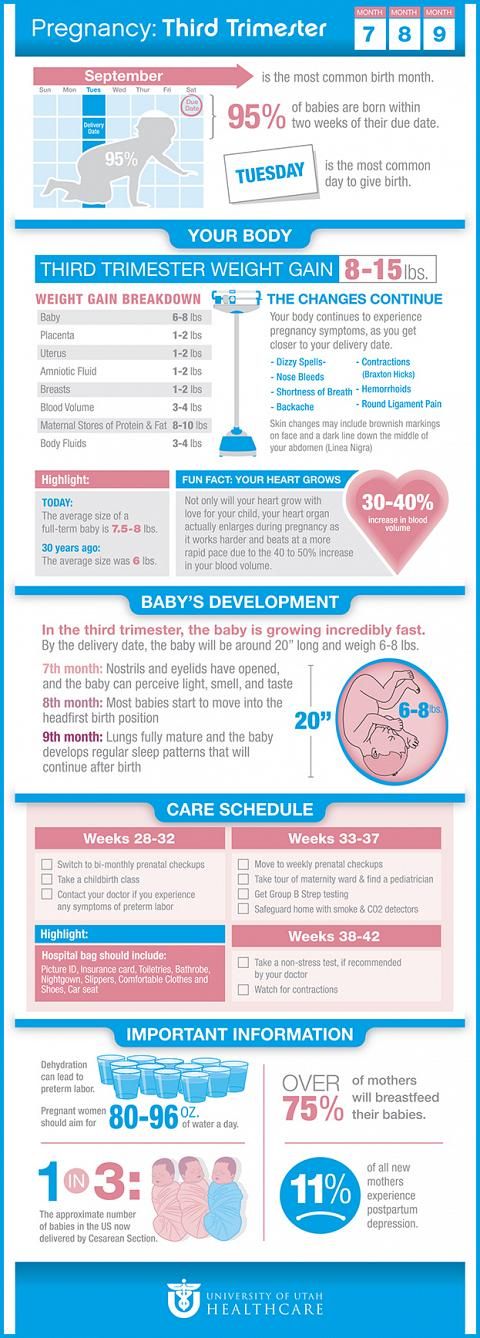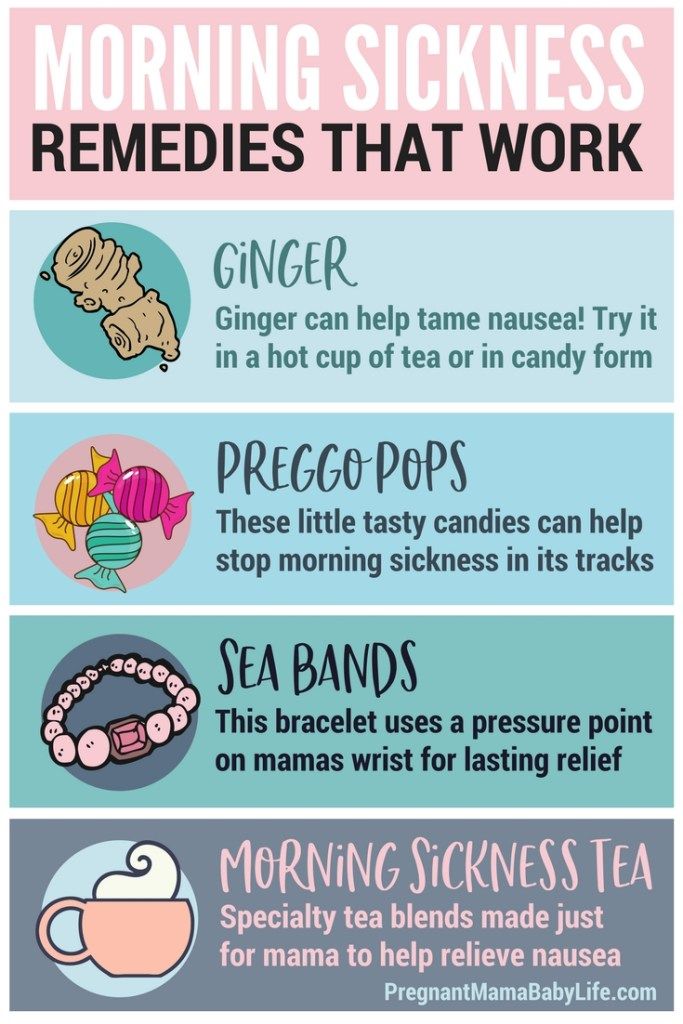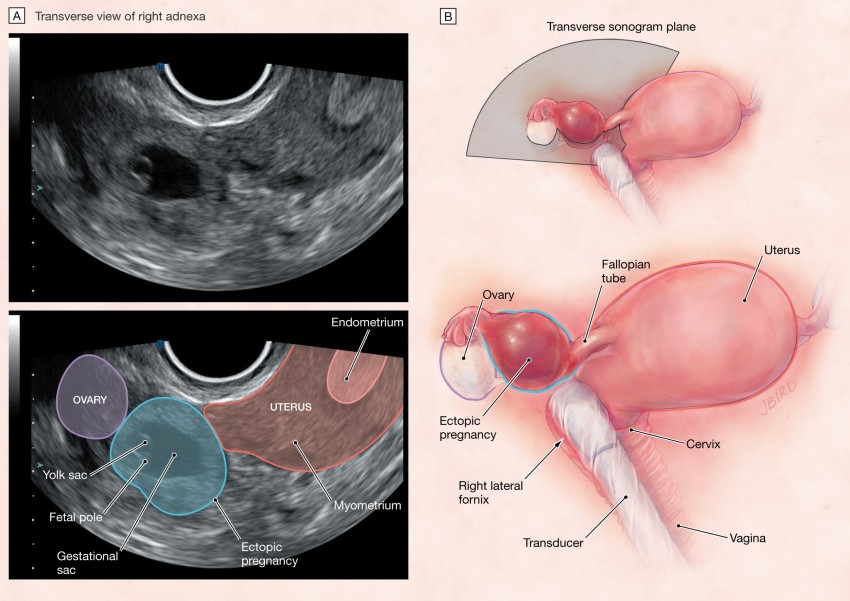What can you take to sleep while pregnant
Is it safe to take a sleep aid while pregnant?
These over-the-counter and prescription medications can help you get the rest you desperately need while expecting
If you are finding it hard to get a good night’s sleep while pregnant, you are far from alone. Between the nausea, backaches, heartburn, and endless trips to the bathroom, it can feel nearly impossible to get your z’s in. It’s no wonder why so many people are looking for tips—including pregnancy-safe sleep aids—on how to sleep soundly when pregnant.
The good news is that there are more choices than you might realize when it comes to a sleep aid while pregnant. Besides prescribed and over-the-counter medications, there are natural options and lifestyle measures to consider. Here’s what you need to know to finally get some much-needed rest.
Pregnant and can’t sleep?
Trouble falling asleep and staying asleep is very common in pregnancy. Much of it has to do with the many bodily discomforts that come with pregnancy. “In my experience, it is very rare to find a pregnant patient who sleeps well,” says Greg Marchand MD, an OB-GYN and founder of Marchand Institute. “The nausea, the baby’s movements, the back pain, the muscle aches, the constipation—literally all of it can contribute to difficulty sleeping.”
A 2020 study published in International Journal of Environmental Research and Public Health found that a whopping 77% of pregnant people experienced sleep disturbances. Of these, about 52% reported frequent night waking, and 20% had trouble falling asleep. Sleep issues increased most in the third trimester, with 26% finding it hard to fall asleep, and 62% waking up in the middle of the night.
There are several common reasons why pregnant people often find it hard to fall asleep and stay asleep. In a nutshell, there are just so many changes going on in your body—hormonally, physically, and emotionally—that make it hard to get comfortable and relaxed enough to sleep.
Some of the most common causes of sleep problems in pregnancy include:
- Frequent bathroom tips: Having to get up to pee multiple times is a common reason for sleeplessness in pregnancy.
 “Early on, pregnant women may have urinary frequency and nocturia—the need to urinate multiple times during the night,” says Felice Gersh, MD, an OB-GYN and founder/director of the Integrative Medical Group of Irvine, CA.
“Early on, pregnant women may have urinary frequency and nocturia—the need to urinate multiple times during the night,” says Felice Gersh, MD, an OB-GYN and founder/director of the Integrative Medical Group of Irvine, CA. - Nausea: Nausea is very common in pregnancy, and contrary to popular belief, “morning sickness,” doesn’t just happen in the morning. Many pregnant individuals are plagued by nighttime nausea. About 70% of expectant parents experience nausea, and if the nausea occurs at night or in the early morning, it can wreak havoc on sleep.
- Heartburn: Heartburn is also common in pregnancy and tends to be worse at night when you are lying down. Heartburn also tends to get worse the further you are into your pregnancy; between 60% to 72% of pregnant people experience heartburn in their third trimester.
- Breathing issues: Hormonal changes and increased swelling of nasal tissues (rhinitis) can affect sleep during pregnancy. “Changes in hormones can affect breathing, and some pregnant women can develop some degree of sleep apnea—which can interfere with proper restorative sleep,” Dr.
 Gersh says.
Gersh says. - Restless leg syndrome: Restless leg syndrome—an uncontrolled need to move and stretch the legs during rest—is another common cause of insomnia and sleep issues in pregnancy. Between 27% to 30% of people experience this during pregnancy, particularly during the third trimester.
- Leg cramps: Almost half of pregnant women experience leg cramps, according to the American Pregnancy Association, especially starting in the second trimester. Leg cramps may be caused by weight gain, circulation changes, and increased pressure on nerves and blood vessels.
- Muscle aches and pressure: Aching backs, sore muscles, a growing belly, and babies kicking can all make sleep uncomfortable. If you find yourself tossing and turning, trying to find a comfortable sleep position during pregnancy, you are not the only one. “As you progress through pregnancy and your uterus grows, you may have difficulty finding a comfortable position for sleeping,” Dr. Gersh notes.

- Stress and anxiety: Emotions can play a role when it comes to pregnancy insomnia. “Pregnant women may develop anxiety about the health of the baby or for themselves … or they may develop some depression and anxiety when considering the challenges to come and what they may be leaving behind,” Dr. Gersh says.
In other words, there are myriad reasons you’re lying awake, counting sheep.
5 safe sleep aids for pregnancy
Pregnancy is a time when you need to take extra care to not take any medications that could harm your growing baby or cause pregnancy complications. Some common sleep aids are unsafe during pregnancy, but that doesn’t mean there is nothing you can take to help you sleep. You definitely have options. Just note that you should always consult with your healthcare provider before taking any medications for sleep.
1. Benadryl
Although antihistamines aren’t specifically meant to treat sleep issues, they can make you drowsy, so many people use them for insomnia. Most antihistamines are thought to be safe during pregnancy, and a CDC report noted that most studies have not found a link between taking antihistamines during pregnancy and birth defects. That means if Benadryl (diphenhydramine) makes you sleepy, it’s safe to take.
Most antihistamines are thought to be safe during pregnancy, and a CDC report noted that most studies have not found a link between taking antihistamines during pregnancy and birth defects. That means if Benadryl (diphenhydramine) makes you sleepy, it’s safe to take.
2. Unisom Sleep Tabs
Dr. Marchand says that Unisom Sleep Tabs (doxylamine) are another antihistamine that’s safe to take in pregnancy. However, he warns that sometimes these medications have unpleasant side effects like dry mouth and malaise. Additionally, they can sometimes be habit forming, he says, and may stop working after you’ve taken them a few times and built a tolerance to them. Unisom also offers other herbal and medicinal sleep aids that contain ingredients such as diphenhydramine or melatonin, which may be safe for use in pregnancy. Be sure to check the ingredient list when purchasing.
RELATED: 12 medications that cause dry mouth
3. Melatonin
There is limited research on the use of melatonin during pregnancy, but so far, studies have concluded that it’s probably safe to take. Melatonin is something that Dr. Marchand has found to be safe and effective in his patients. “Over the last 10 years, I have found melatonin to be effective and safe, so that is something I recommend to all pregnant women who suffer from insomnia,” he shares.
Melatonin is something that Dr. Marchand has found to be safe and effective in his patients. “Over the last 10 years, I have found melatonin to be effective and safe, so that is something I recommend to all pregnant women who suffer from insomnia,” he shares.
If you are interested in taking melatonin, you should speak to your healthcare provider, for medical advice about whether it’s a good idea, and what amount of melatonin you can safely take.
4. Selective serotonin reuptake inhibitors (SSRIs)
If you are finding that your stress, depression, or anxiety are so intense that you are finding it difficult to fall asleep, you should consider talking to your healthcare provider. It’s common to struggle with mental health during pregnancy.
Not all antidepressants are considered safe during pregnancy, but some are. Selective serotonin reuptake inhibitors (SSRIs) are first-line treatments for depression and anxiety—not sleep treatments, per se. In some cases, taking prescribed antidepressants can help you feel more emotionally balanced and can in turn help you fall asleep more easily.
ACOG says that most SSRIs are not known to increase the risk of birth defects, but that research is ongoing. Some providers may recommend waiting until after your first trimester is over. Additionally, some of these medications can be activating and inhibit sleep, such as sertraline. You should speak to your healthcare team to figure out the best choice for you.
5. Treatments for pregnancy discomforts
If you are experiencing one of the many pregnancy discomforts that are making a good night’s sleep feel unattainable, you might want to consider treating the underlying symptoms rather than seeking a pregnancy sleep aid. While not specifically for sleep disorders, these pregnancy-safe medications and dietary supplements can help you get more rest.
- Restless leg syndrome is often linked to low iron or pregnancy anemia, so taking folic acid or iron supplements may help relieve your symptoms. Talk to your provider about these concerns before starting any supplements.
 .
. - If your morning sickness is extreme—especially if it’s severe and interfering with sleep consistently—your doctor may prescribe an anti-nausea medication such as Diclegis or Zofran. For milder cases, ACOG recommends taking a combination of Unisom (doxylamine) along with vitamin B6 to combat nausea and insomnia.
- Some over-the-counter antacids containing calcium carbonate, like Tums, are usually considered safe in pregnancy and can relieve the heartburn and indigestion that tends to keep pregnant people up at night. Still, you should talk to your healthcare provider about other types of antacids because antacids with ingredients like magnesium trisilicate and sodium bicarbonate may not be recommended.
Unsafe sleep aids for pregnancy
Although there are some sleep aids for pregnancy that are considered safe, or low-risk, there are some that are not recommended. You’ll also want to talk to your provider about safety while breastfeeding if you plan to nurse your child.
Benzodiazepines
Benzodiazepines are a type of drug used to treat anxiety disorders and are also often prescribed for insomnia. But they are usually not considered safe to use in pregnancy. “Benzodiazepines like Valium (diazepam) and Xanax (alprazolam) are definitely unsafe,” Dr. Marchand says.
Benzodiazepines cross the placenta and may have harmful effects on babies including an increased risk of preterm birth and low birth weight. Some babies born to parents who take benzodiazepines during pregnancy have what is described as “floppy baby syndrome.” Babies may also have benzodiazepine withdrawal symptoms at birth.
Ambien (zolpidem)
Ambien is a commonly prescribed sleep medication. There is limited knowledge about how it affects pregnancy, Dr. Marchand explains, and it’s for this reason that most doctors do not recommend it. The FDA warns that taking Ambien in the third trimester is particularly risky, as it may cause babies to experience respiratory depression as well as increased sedation.
RELATED: Ambien side effects
Barbiturates and tranquilizers
Although substances like barbiturates and tranquilizers may be used at times when you are having trouble sleeping, they should not be used at any time during pregnancy, Dr. Gersh warns. “They come with concerns over the long term health effects on a baby,” she says.
Alcohol and marijuana
Alcohol is also a substance you should never consume while pregnant, says Dr. Gersh, even if you think it will help you sleep. Alcohol can cause growth problems for babies and can negatively affect their developing brains.
Some expectant parents might consider marijuana as a way to get some sleep, but Dr. Gersh advises against this as well. The American College of Obstetricians and Gynecologists (ACOG) warns against the use of recreational or medicinal marijuana during pregnancy. That includes CBD products—the FDA warns there may be serious risks to use during pregnancy and while breastfeeding.
Natural remedies for insomnia during pregnancy
When it comes to treating insomnia during pregnancy, Dr. Gersh recommends starting by considering at-home remedies and good sleep hygiene practices before turning to a pharmaceutical sleep aid for pregnancy. That said, not all natural-sounding remedies are recommended, says Dr. Gersh. Most herbal remedies haven’t been studied in terms of safety during pregnancy, and the same goes for essential oils, she explains.
Still, there are several natural remedies that Dr. Gersh does recommend, and which she has found to be successful in helping pregnant people get good sleep, including:
- Drinking herbal teas, such as chamomile
- Taking magnesium supplements
- Getting a pregnancy massage
- Breathing exercises
- Meditating before bed
- Incorporating walking and other forms of exercise into your day
- Getting plenty of sunshine and fresh air
- Maintaining a consistent sleep schedule and routine
If you’re dealing with nausea that’s making sleep hard to come by, natural remedies that are known to help include eating smaller, more frequent meals, adding protein to meals when possible, and taking ginger supplements or drinking ginger tea.
If frequent urination is keeping you up, try to meet your daily water intake earlier in the day and reduce fluids two hours before bedtime.
You may also benefit from decreasing the amount of caffeine you consume, limiting screen time before bed, taking a warm bath, or listening to relaxing music before bed. Destressing and making your environment more relaxing can help immensely with sleep. And although figuring out how to sleep when pregnant can be a challenge, there are many different pregnancy pillows on the market that can make side-sleeping more comfortable.
The bottom line is that sleep deprivation in pregnancy isn’t just something you should “put up” with. Research has found that if left unchecked, lack of sleep during pregnancy can increase your risk of complications such as high blood pressure, preeclampsia, gestational diabetes, preterm birth, lengthier labor, and cesarean section birth.
But beyond that, being sleep deprived is no fun, and all of us deserve a good night’s sleep, especially those of us who are gestating a brand new baby. And trust us, you’ll want to bank some sleep now, before your sweet, up-all-night little one joins the picture.
And trust us, you’ll want to bank some sleep now, before your sweet, up-all-night little one joins the picture.
Is It Safe to Take?
Unisom During Pregnancy: Is It Safe to Take?Medically reviewed by Alan Carter, Pharm.D. — By Rachel Nall, MSN, CRNA on November 1, 2018
We include products we think are useful for our readers. If you buy through links on this page, we may earn a small commission. Here’s our process.
Healthline only shows you brands and products that we stand behind.
Our team thoroughly researches and evaluates the recommendations we make on our site. To establish that the product manufacturers addressed safety and efficacy standards, we:
- Evaluate ingredients and composition: Do they have the potential to cause harm?
- Fact-check all health claims: Do they align with the current body of scientific evidence?
- Assess the brand: Does it operate with integrity and adhere to industry best practices?
We do the research so you can find trusted products for your health and wellness.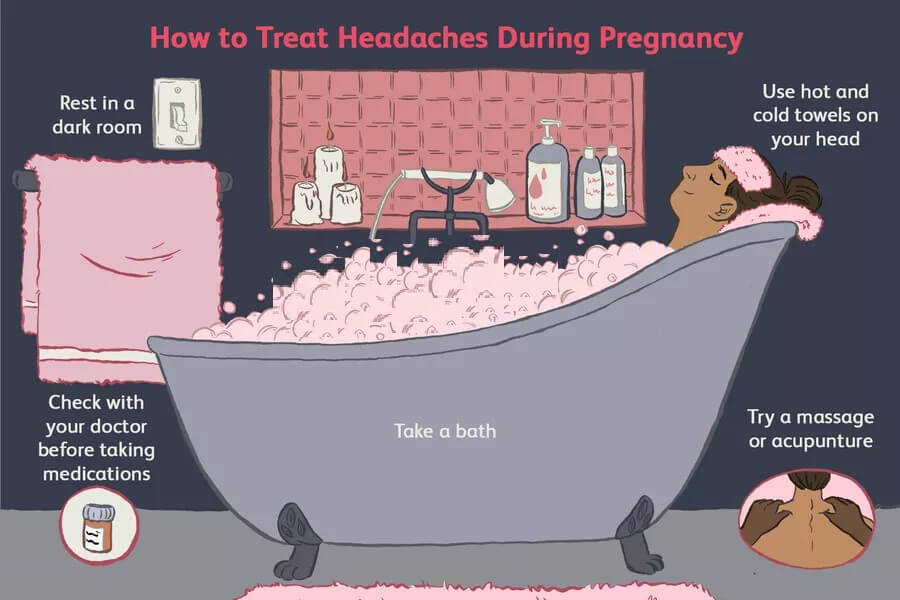
Changing hormone levels, a growing belly, back pain, and increasingly restless legs — these are just some of the reasons an expectant mom has a tough time falling asleep.
During all trimesters of pregnancy, sleep is essential. Without enough sleep, you’ll feel the other symptoms of pregnancy even more.
Before you were pregnant, taking a nighttime over-the-counter sleep aid like Unisom seemed like an easy solution. But now that you’re eating (and sleeping) for two, it’s not clear if you can take the medication safely.
There are a few things to consider.
What is Unisom?
Unisom SleepTabs are a medication people take to fall asleep and stay asleep. It’s also common to take it during pregnancy to help with nausea and vomiting. The main ingredient in Unisom is doxylamine succinate, which makes a person feel drowsy.
The medication also contains the following inactive ingredients:
- dibasic calcium phosphate
- FD&C blue No.
 1 aluminum lake
1 aluminum lake - magnesium stearate
- microcrystalline cellulose
- sodium starch glycolate
Unisom’s package describes it as a non-habit-forming alternative to prescription sleep aids.
The U.S. Food and Drug Administration (FDA) generally recognizes Unisom as safe and effective. But the medicine is intended to treat temporary sleeplessness. It isn’t intended to be a long-term solution to help a person sleep.
How does Unisom work?
The active ingredient in Unisom is an antihistamine. Another antihistamine that may sound familiar is diphenhydramine, the active ingredient in medications like Benadryl.
When you take Unisom, the medication blocks the production of histamine and acetylcholine in the body. When these compounds are reduced, a person will start to feel sleepier.
If you are only having trouble sleeping while pregnant, your doctor might recommend Benadryl. Unisom is likely to be recommended for consistent nausea and vomiting during pregnancy.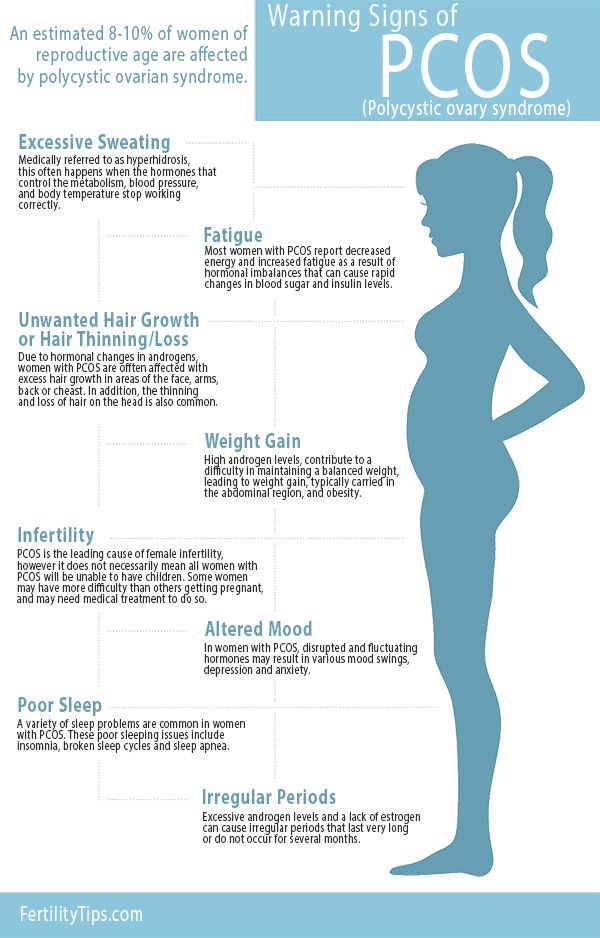
Considerations when taking Unisom
When you’re expecting, you and your baby share more than your belly. Everything you eat, take, and sometimes even put on your skin can be circulated through your baby, too. That’s why things like sushi, deli meats, aspirin, and skin care products with retinoids are off-limits.
From an FDA perspective, Unisom has been generally considered safe for pregnant women.
But, talk to your doctor before taking any medications. Together, you can discuss the medication’s potential effects on your baby and ensure that it won’t interact with other medications you are taking.
Think about the risks and benefits before taking Unisom. If your sleep is greatly affected to the point where you are having difficulty functioning during the day, talk to your doctor.
If for some reason you do experience side effects associated with Unisom, call the FDA at 1-800-FDA-1088. You can also report side effects on the FDA’s website.
Alternative at-home treatments
If your doctor recommends against Unisom or other sleep aids during pregnancy, there are still steps you can take to sleep better.
Try the following for a better night’s rest.
- Exercise 30 minutes per day, with your physician’s OK.
- Sleep on your left side, which improves blood flow to your baby and kidneys. Placing a pillow between your knees can also reduce the pressure on your lower back.
- Slightly reduce the amount of fluids you drink in the hours leading up to bedtime to reduce nighttime bathroom trips.
- Take a prenatal vitamin that contains iron and folate. This reduces the chance of restless legs syndrome during pregnancy.
While daytime naps can help you feel less sleepy, long naps may make falling or staying asleep at night more difficult.
Takeaways
While pregnancy can often result in lost Zzz’s, the issues that affect sleep during pregnancy typically get better after giving birth.
Although the FDA does not categorize Unisom as a dangerous drug for pregnancy, it’s still important to check with your doctor before taking it. You’ll also want to ask your doctor about the medication’s safety if you’re breastfeeding after you have your little one.
Last medically reviewed on November 1, 2018
- Parenthood
- Pregnancy
- Pregnancy Health
- Cat 1
- prepostnatalvitamins
How we reviewed this article:
Healthline has strict sourcing guidelines and relies on peer-reviewed studies, academic research institutions, and medical associations. We avoid using tertiary references. You can learn more about how we ensure our content is accurate and current by reading our editorial policy.
- Black R, et al. (2003). Over-the-counter medications in pregnancy.
aafp.org/afp/2003/0615/p2517.html - Doxylamine succinate. (2018).
pubchem.ncbi.nlm.nih.gov/compound/11224 - Medicine and pregnancy. (2018). Unisom sleeptabs – doxylamine succinate tablet.
dailymed.nlm.nih.gov/dailymed/drugInfo.cfm?setid=d5e3015c-49ae-4288-a78f-17a141f26817 - Nuangchamnong N, et al.
 (2014). Doxylamine succinate–pyridoxine hydrochloride (Diclegis) for the management of nausea and vomiting in pregnancy: an overview. DOI:
(2014). Doxylamine succinate–pyridoxine hydrochloride (Diclegis) for the management of nausea and vomiting in pregnancy: an overview. DOI:
10.2147/IJWH.S46653 - Pregnancy and sleep. (n.d.).
sleepfoundation.org/sleep-topics/pregnancy-and-sleep - Unisom SleepTabs: Doxylamine succinate tablet. (2018).
dailymed.nlm.nih.gov/dailymed/drugInfo.cfm?setid=d5e3015c-49ae-4288-a78f-17a141f26817 - Unisom SleepTabs drug facts. (n.d.).
unisom.com/our-products/unisom-sleeptabs/
Our experts continually monitor the health and wellness space, and we update our articles when new information becomes available.
Current Version
Nov 1, 2018
Written By
Rachel Nall, MSN, CRNA
Edited By
Nizam Khan (TechSpace)
Medically Reviewed By
Alan Carter, PharmD
Share this article
Medically reviewed by Alan Carter, Pharm.D. — By Rachel Nall, MSN, CRNA on November 1, 2018
Read this next
What Medicines Can I Take While Pregnant?
Medically reviewed by Dena Westphalen, Pharm.
 D.
D.If you’re wondering what medicines are safe during pregnancy, you’re not alone. It’s important to talk to your doctor and be cautious, as some…
READ MORE
Boosting Immunity While Breastfeeding: Vitamins and Their Safety
Medically reviewed by Katherine Marengo LDN, R.D.
When you're breastfeeding, vitamins are necessary. But if you're trying to boost your immunity, can you take supplements in addition to your…
READ MORE
Taking Prenatal Vitamins and Birth Control at the Same Time
Medically reviewed by Carolyn Kay, M.D.
Taking birth control and prenatal vitamins at the same time isn’t harmful but shouldn't be done for a long period. Learn more about when to use them…
READ MORE
Can You Take Vitamin A While Breastfeeding?
Medically reviewed by Debra Rose Wilson, Ph.
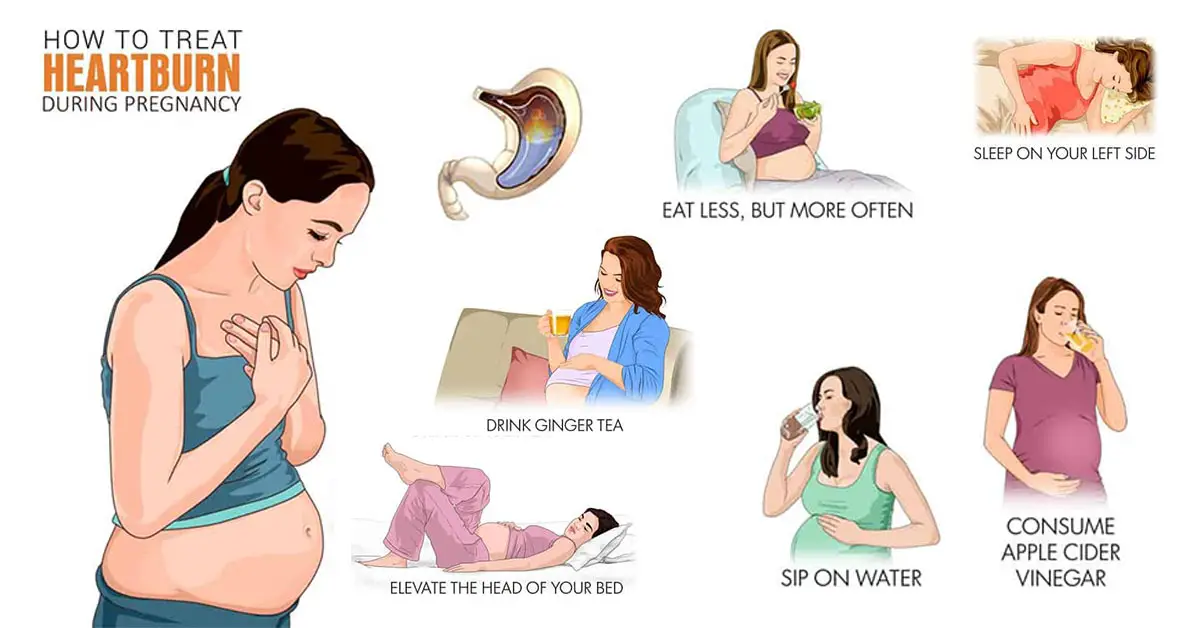 D., MSN, R.N., IBCLC, AHN-BC, CHT
D., MSN, R.N., IBCLC, AHN-BC, CHTNormally, you don't need extra vitamin A while breastfeeding, though you'll want to continue taking your prenatal vitamin.
READ MORE
Folic Acid and Pregnancy: How Much Do You Need?
Medically reviewed by Carolyn Kay, M.D.
If you’re pregnant or trying to conceive, you’ll need folic acid supplements. Here’s why folic acid is important and how much you’ll need.
READ MORE
Side Effects of Prenatal Vitamins: What They Are and How to Treat Them
Medically reviewed by Debra Rose Wilson, Ph.D., MSN, R.N., IBCLC, AHN-BC, CHT
You know they're important, but are prenatal vitamins causing some of your discomfort? Read here for prenatal vitamin side effects and how to manage…
READ MORE
Vitamins and pregnancy - articles from the specialists of the clinic "Mother and Child"
Kurbatskaya Olga Nikolaevna
Obstetrician-gynecologist
Lapino-1 Clinical Hospital "Mother and Child"
One of the most common questions that pregnant women ask their doctor is what vitamins should I take during pregnancy? Let's say right away whether expectant mothers need to drink pharmaceutical vitamins or not - there is no unequivocal answer to this question. Some doctors believe that the necessary nutrients should be obtained from natural products. Others are in favor of taking pharmaceutical multivitamins. It can only be said unequivocally that vitamins and microelements must necessarily enter the body of a pregnant woman. We will tell you which of them are most important for the expectant mother. nine0010
Some doctors believe that the necessary nutrients should be obtained from natural products. Others are in favor of taking pharmaceutical multivitamins. It can only be said unequivocally that vitamins and microelements must necessarily enter the body of a pregnant woman. We will tell you which of them are most important for the expectant mother. nine0010
Folic acid
Other names for this vitamin are vitamin B 9 or B with . This vitamin is necessary for cell division and reproduction, so it is especially important in the first trimester of pregnancy, when all organs and systems of the child are being laid. Folic acid plays an important role in the synthesis of hemoglobin, and with its deficiency, anemia can develop. And folic acid also helps to reduce the likelihood of spinal defects in a child, takes care of the correct formation of his psyche and intellect. It is better to start taking folic acid three months before the planned conception, since a small supply of this vitamin will only be useful for both the expectant mother and the baby. If the pregnancy has come unplanned, then folic acid must be taken as soon as the woman finds out about her situation. On average, the dosage of this vitamin is from 0.4 to 0.8 mg per day. nine0003
If the pregnancy has come unplanned, then folic acid must be taken as soon as the woman finds out about her situation. On average, the dosage of this vitamin is from 0.4 to 0.8 mg per day. nine0003
Calcium
An expectant mother needs about 1200–1400 mg of calcium daily, while an ordinary woman needs 800–1000 mg of this trace element. Why? During pregnancy, the amount of calcium in the body of the expectant mother is significantly reduced, since it is also spent on the growth and development of the child. Especially a lot of calcium is needed in the third trimester, when the baby's skeleton is calcified. But calcium is needed not only for the growth of bones and teeth of a child - with its help, his nervous system, his heart, muscles, skin tissues, eyes, ears, hair and nails are formed. A pregnant woman needs calcium for the full functioning of the kidneys, the prevention of muscle pain, constipation, osteoporosis, caries and toxicosis. In addition, this trace element protects the expectant mother from stress and nervous overload. nine0003
nine0003
Vitamin E
This vitamin is involved in the process of tissue respiration, it helps oxygen to penetrate into every cell of the body. At the same time, vitamin E is an excellent antioxidant: it protects cells from the formation of free radicals that can provoke various diseases. This protective function is especially important at the stage of embryo formation. In addition, vitamin E helps to normalize the hormonal balance of the body. In the early stages, it participates in the formation of the placenta, and also protects against abortion. The dose of vitamin E during pregnancy is 15 mg. nine0003
Vitamin E is found in vegetable oils, not less than this vitamin in lettuce, tomatoes, rose hips, parsley, spinach and peas. Some vitamin E is found in meat, eggs and milk.
Magnesium
Magnesium is involved in all metabolic processes, helps to cope with stress, normalizes the functioning of the cardiovascular system and blood pressure, and keeps blood vessels in good shape.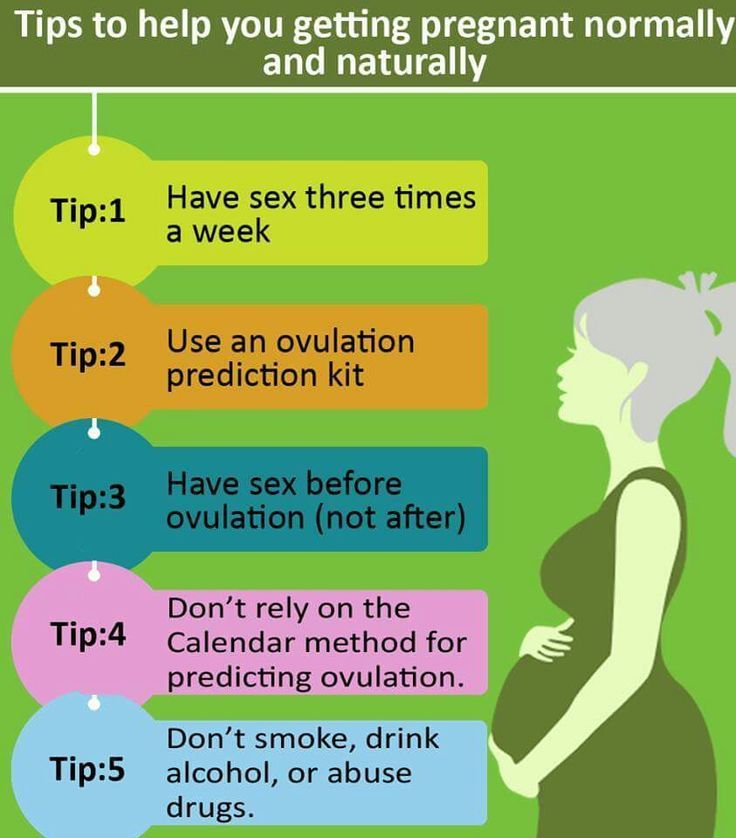 Due to a lack of magnesium in the body, cramps in the muscles (usually in the calves) may appear. And since the uterus is also a muscular organ, with a lack of magnesium during pregnancy during gestation, the excitability of the myometrium increases, which leads to active uterine contractions. Therefore, with hypertension and the threat of abortion, magnesium is often prescribed. nine0003
Due to a lack of magnesium in the body, cramps in the muscles (usually in the calves) may appear. And since the uterus is also a muscular organ, with a lack of magnesium during pregnancy during gestation, the excitability of the myometrium increases, which leads to active uterine contractions. Therefore, with hypertension and the threat of abortion, magnesium is often prescribed. nine0003
Magnesium is rich in whole grains and whole grain breads, figs, almonds, seeds, dark green vegetables, and bananas.
iodine
Iodine is usually prescribed for pregnant women in the first trimester. Up to 16 weeks of pregnancy, the development of the child and the laying of all its organs and systems are "under the protection" of the mother's thyroid gland. And if a woman has little iodine, then this means that some system or organ of the baby may suffer. And even when the child’s own thyroid gland is formed and starts working, she can still take iodine only from the mother’s body.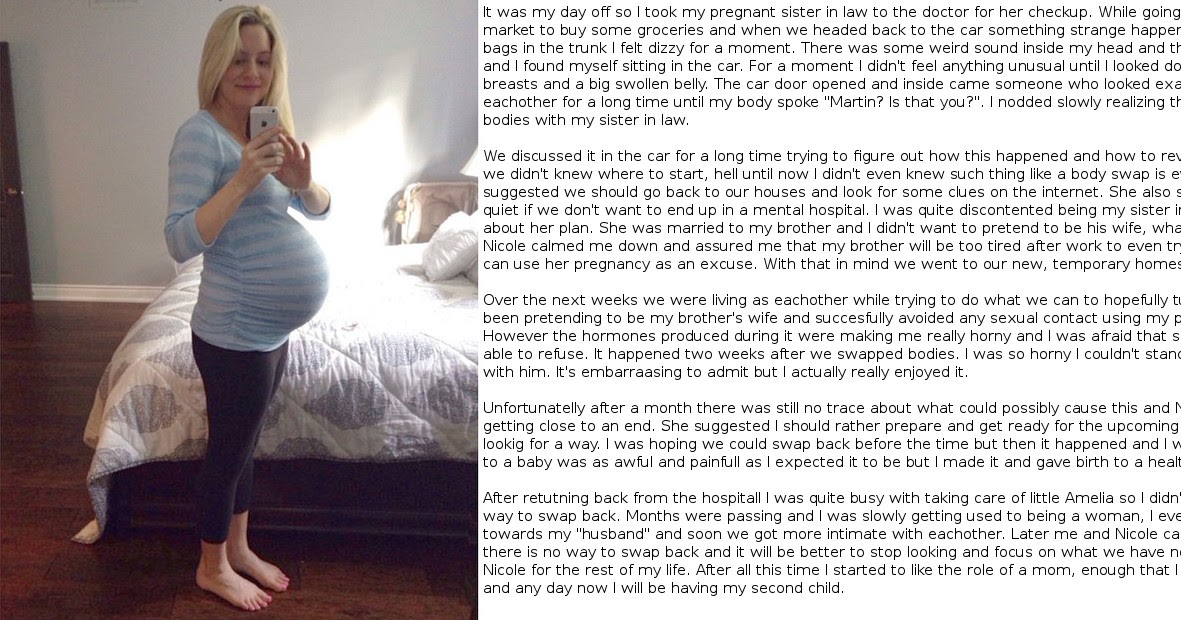 Its daily dose is 250 mg per day. nine0003
Its daily dose is 250 mg per day. nine0003
Iodine is easiest to get from seafood and sea or iodized salt. A lot of iodine is found in sea fish, seaweed, squid, persimmon, feijoa, dates, dried figs, dairy products and meat. However, iodine is destroyed by temperature effects, which means that after heat treatment, the amount of iodine in the products decreases sharply.
Iron
Iron is necessary primarily for the prevention of anemia. After all, it is part of hemoglobin, which carries oxygen throughout the body of the mother and child. In addition, iron is involved in protein synthesis, which is involved in the formation of muscle tissue. And iron deficiency can lead to increased uterine tone. The average daily dosage of iron is 30–60 mg. In some cases, if the woman's iron supply was initially reduced, the dosage may be higher. nine0003
Iron is found in meat, especially a lot of it in veal, turkey, hare, pork and beef. There is iron in plant foods, but from there it is absorbed much worse. Iron is best absorbed when taken together with vitamin C.
Iron is best absorbed when taken together with vitamin C.
If a pregnant woman eats properly and varied, eats a lot of fruits and vegetables, then she may not need an additional complex of vitamins for pregnant women. It may be necessary to drink some vitamins separately, but this should be determined by the doctor. If, before pregnancy, a woman had signs of vitamin deficiency, she eats incorrectly or poorly, then multivitamins cannot be dispensed with. nine0010
Inset
Vitamin B 9 (folic acid) is found in animal liver, spinach, asparagus, lentils, Brussels sprouts, beans and wholemeal flour. However, it is absorbed very poorly from food, no more than 50%. That is why it is prescribed to almost all pregnant women.
At one time, our body will not be able to absorb more than 500 mg of calcium. Therefore, you should not try to get the entire daily norm of this trace element in one meal. Try to eat foods containing calcium in small portions several times a day.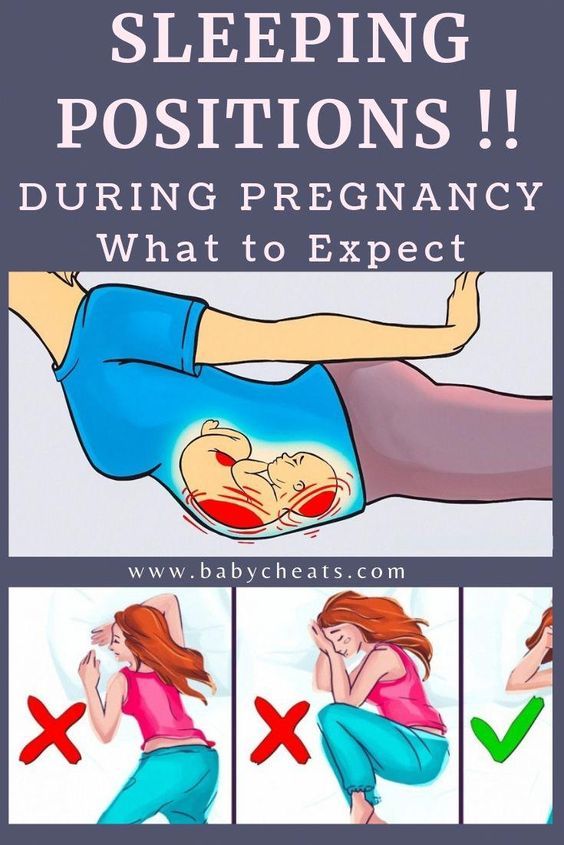 nine0003
nine0003
To increase the concentration of magnesium in tissues, vitamin B 6 (pyridoxine) is needed, which facilitates its absorption and acts as a conductor of magnesium into the cell. Therefore, magnesium and vitamin B 6 are often prescribed together.
Make an appointment
to the doctor - Kurbatskaya Olga Nikolaevna
Lapino-1 Clinical Hospital "Mother and Child"
PregnancyHome birthBirth
By clicking on the send button, I consent to the processing of personal data
Attention! Prices for services in different clinics may vary. To clarify the current cost, select a clinic
Clinical Hospital MD GROUPClinical Hospital Lapino-1 "Mother and Child"Clinic KG "Lapino" in Odintsovo (branch)Clinic "Mother and Child" Khodynskoye PoleClinic "Mother and Child" KuntsevoClinic "Mother and Child" SavelovskayaClinic "Mother and Child" Yugo-ZapadMother and Child Clinic NovogireyevoMother and Child Clinic Lefortovo
All directionsSpecialist consultations (adults)Specialist consultations (children)Laboratory of molecular geneticsGeneral clinical examinationsProcedural roomTelemedicine for adultsTherapeutic examinationsUltrasound examinations for adults
01.
Specialist consultations (adults)
02.
Specialist consultations (children)
03.
Laboratory of molecular genetics
04.
General studies
05.
Procedure room
06.
Television and adults
07.
Therapeutic studies
08.
Ulzvous Valzvous Studies. adults
Nothing found
The administration of the clinic takes all measures to timely update the price list posted on the website, however, in order to avoid possible misunderstandings, we advise you to clarify the cost of services and the timing of the tests by calling
Nutrition for a pregnant woman
So, your plans and decisions to have a baby have come true - you are pregnant! But this news causes you a double feeling: - on the one hand, a feeling of joy, and on the other hand, a feeling of certain fear and even fear of unknown trials for your life and the fate of the unborn baby. What will he be like? - healthy, beautiful, happy?...
What will he be like? - healthy, beautiful, happy?...
And this largely depends on the woman herself, on what lifestyle she will lead during pregnancy and, most importantly, how she will eat. nine0003
Nutrition of a woman in different periods of pregnancy
The main thing in the menu of a future mother is variety. She should consume foods from all food groups: meat, fish, vegetables and fruits, dairy products, bread and cereals.
A woman's nutrition during pregnancy can be roughly divided into three periods (trimesters).
If before pregnancy a woman ate normally, felt comfortable, did not experience allergies to any products, then it is not worth changing her diet at an early stage of the first trimester of pregnancy. nine0003
During this period, all organs and systems in the child's body are formed, tissues are formed. The body needs complete proteins and vitamins: lean meat (rabbit, chicken, turkey), fish and seafood, dairy products. Be sure to eat rice, fresh or frozen vegetables, seasonal fruits. In the first trimester, many expectant mothers are still working. No matter how difficult it is to control your diet in the workplace, you need to do it - find time for a full breakfast and lunch. nine0003
In the first trimester, many expectant mothers are still working. No matter how difficult it is to control your diet in the workplace, you need to do it - find time for a full breakfast and lunch. nine0003
In the first trimester of pregnancy, there is an active restructuring of the body and adaptation to a new state. During this period, it is recommended to switch to a low-calorie diet, which includes more fruits, juices, decoctions of dried fruits, including rose hips. At the very beginning of pregnancy, especially if toxicosis torments, more frequent, but less plentiful meals are recommended.
Always keep a hematogen, a bag of nuts or dried fruit in your pocket to have a snack on the street. If your condition does not allow you to eat regular food, you should pay attention to baby food. Baby products literally save expectant mothers suffering from severe toxicosis. These are boxed cereals, children's curds, cookies and fruit purees. nine0003
In the first trimester, special attention must be paid to the quality of products. Gradually abandon sauces, semi-finished products and canned food containing harmful chemical additives. Do not forget that the placenta freely accumulates and passes chemistry. The importance of products containing folic acid is great, without it intensive metabolism is impossible, its deficiency can cause developmental abnormalities. Folic acid is found in greens, nuts, white cabbage and broccoli, beets, legumes, and eggs. nine0003
Gradually abandon sauces, semi-finished products and canned food containing harmful chemical additives. Do not forget that the placenta freely accumulates and passes chemistry. The importance of products containing folic acid is great, without it intensive metabolism is impossible, its deficiency can cause developmental abnormalities. Folic acid is found in greens, nuts, white cabbage and broccoli, beets, legumes, and eggs. nine0003
According to nutritionists, the diet of pregnant women should be 300 kcal / day higher than that of non-pregnant women, but in the first trimester there is no need to increase the energy value of the diet at all; in the second trimester, an additional 340 kcal / day is required; in the third trimester - 452 kcal / day. Pregnant women generally get enough calories, and more than 80% of women achieve and even exceed the required weight gain. These extra calories benefit the fetus. An underweight woman should gain 16–20 kg during her entire pregnancy, an overweight woman about 7 kg, and a normal body weight of 11–12 kg. nine0003
nine0003
In the second trimester there are active jumps in the height and weight of the baby and uterus, so the caloric content of the diet needs to be increased. It is desirable to eat more and better. At this time, the need for trace elements increases: iron, magnesium, zinc, selenium, calcium, potassium. The child creates his own "reserve" of trace elements using the mother's resource, which means that the mother should have enough of them for two.
Very often in pregnant women in the second trimester hemoglobin drops, this is a normal physiological phenomenon, if it is not threatening to health. You can increase hemoglobin by eating red meat, chicken, fish, dried fruits, pomegranates, green vegetables and fresh herbs, buckwheat, citrus fruits (oranges, grapefruits, pomelo, lemons), rosehip and berry infusions. nine0003
In the second trimester, a pregnant woman should limit the intake of smoked and fried foods, as well as salt in her diet. In no case should you limit the liquid. Pure water is the best drink for a pregnant woman, and water should be consumed up to 2-2.5 liters per day. Water is a natural drink for the body, it does not cause complications and has no contraindications. Edema is caused not by water, but by salt, which we not only add in its pure form, but also consume with canned food, mayonnaise, cheese, and sausage. The absence of salt is not harmful, it is naturally found in many products: vegetables, bread, so the diet will not remain completely without it. Excess salt disrupts metabolism. nine0003
Pure water is the best drink for a pregnant woman, and water should be consumed up to 2-2.5 liters per day. Water is a natural drink for the body, it does not cause complications and has no contraindications. Edema is caused not by water, but by salt, which we not only add in its pure form, but also consume with canned food, mayonnaise, cheese, and sausage. The absence of salt is not harmful, it is naturally found in many products: vegetables, bread, so the diet will not remain completely without it. Excess salt disrupts metabolism. nine0003
During this period, you can increase the calorie content of food. Childbirth must be approached physically strong. It is better to eat meat and fish in the morning, for breakfast and lunch, and for dinner, prepare dairy and vegetable dishes: cheesecakes, stewed vegetables, cottage cheese and vegetable casseroles. It is necessary to minimize the intake of canned food, smoked meats, pickles and marinades, hot spices and fatty foods. Frequent walks in the air, physical activity are recommended.
In the third trimester, it is necessary to reduce the calorie content of foods at the expense of confectionery and flour products, eat less fatty meat, as well as cheese and sour cream. nine0003
By the end of this period, many experts advise pregnant women to give up meat altogether in order to increase tissue elasticity and prevent ruptures.
During the entire period of pregnancy, special attention should be paid to the combination of products. If you combine foods wisely, you can ensure more efficient absorption of food. If the food is digested poorly, then this can lead to rotting and fermentation of products and the formation of substances harmful to the body of the mother and child. In addition, the fermentation process is accompanied by gas formation, which can lead to flatulence (bloating) and discomfort. This is especially harmful in the last stages of pregnancy. nine0003
Try not to take the first, second and third course at the same time; this overflows the stomach and presses on the fetus, the food is poorly digested and poorly absorbed. Eat little and often. It is not recommended to eat immediately before starting work, a long walk, before charging and immediately after it; it is advisable to rest for 10 minutes before eating.
Eat little and often. It is not recommended to eat immediately before starting work, a long walk, before charging and immediately after it; it is advisable to rest for 10 minutes before eating.
Eat only when you are hungry, try not to snack on the go. Follow the diet, eat at about the same time. nine0003
Proper preparation of food will help to maximize the useful substances contained in the products. Do not overcook food, try not to reheat the same dish several times, it is better to set aside only the portion that will be used. Cook in the most gentle way: baking, steaming, stewing. Avoid frying, boiling in large amounts of water, with this method of processing products, many useful substances are lost. If possible, do not cook for several days at once. Do not use aluminum cookware when cooking. Remember that for a pregnant woman, it is not calories that are important, but the quality of food, its naturalness, primarily a “living cell” (whole cereals, raw vegetables and fruits, fresh meat and dairy products).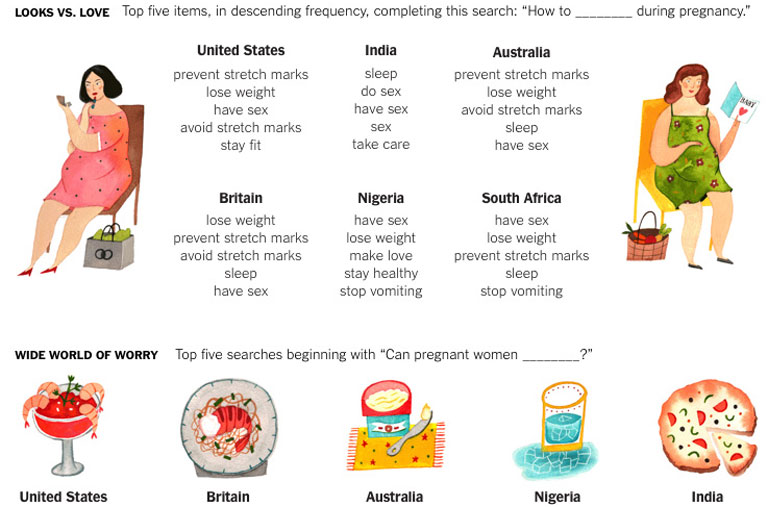 nine0003
nine0003
What can harm the pregnant woman and the fetus
Smoking and alcohol – quit smoking from the first days of pregnancy, if you have smoked before, avoid "passive" smoking, and do not consume alcoholic beverages in any doses.
Lack of vitamins and microelements in the body - their absence or deficiency can lead to irreparable consequences. So, for example, iodine deficiency can lead to mental retardation of a child, folic acid deficiency - to severe fetal deformities, calcium deficiency - to a violation of the formation of the child's skeleton, iron deficiency - to anemia and a delay in the physical and neuropsychic development of the child. It is necessary to consult a doctor, perhaps he will recommend switching to iodized salt, as well as supplementing your diet with a vitamin-mineral complex and folic acid. nine0003
Excess weight is the risk of having a large child, which means the risk of complications during childbirth and the child's tendency to become obese at an older age.




